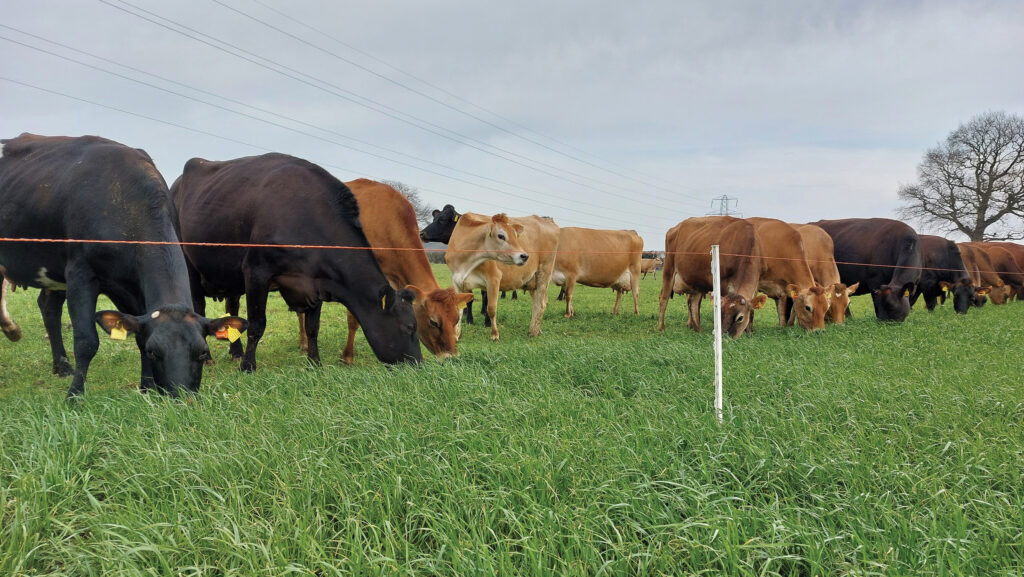Single case of BSE confirmed on Essex farm
 © MAG/Shirley Macmillan
© MAG/Shirley Macmillan A case of atypical bovine spongiform encephalopathy (BSE) has been confirmed on a farm in Essex after the animal showed clinical signs of the disease.
The Animal and Plant Health Agency (Apha) identified the case after the animal, which died on farm, was tested as part of Defra’s surveillance programme.
The animal was not intended to enter the food chain, and there is no risk to food safety or public health.
See also: BSE case confirmed on farm in Scotland
Chief veterinary officer Christine Middlemiss said: “A single case of atypical BSE has been confirmed on a farm in Essex.
“Atypical BSE is distinct from classical BSE and is a spontaneously and sporadically occurring, non-contagious disease which is believed to occur at a very low level in all cattle populations.
“This is proof that our surveillance system for detecting and containing this type of disease is working.”
The World Organisation for Animal Health identifies feed contamination as the principal route for infection with classical BSE.
Dr James Cooper, deputy director of food policy at the Food Standards Agency, said: “There is no food safety risk.
“There are strict controls in place to protect consumers from the risk of BSE, including controls on animal feed and removal of the parts of cattle most likely to carry BSE infectivity.
“Consumers can be reassured that these important protection measures remain in place.”
The offspring and cohorts of the affected animal have been traced, isolated and will be destroyed in line with official protocols.
Great Britain retains its “controlled” risk status for BSE, and the case does not affect the UK’s export status.
The last case of atypical BSE in the UK occurred in Scotland in December 2024. Since 2015, four cases have been confirmed.
